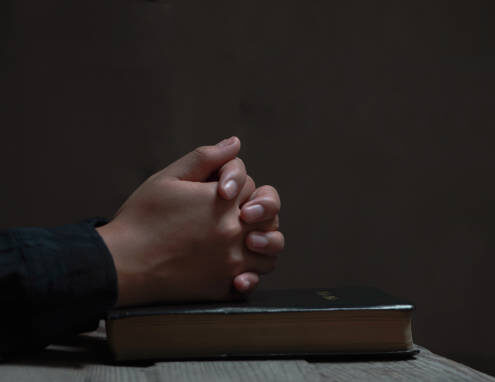Who Abandon Prayer
When it comes to Islamic jurisprudence, many questions arise. One crucial aspect is the significance of prayer (Salah) and its role in the life of a Muslim. This delves into various aspects of the order of Those Who Abandon Prayer, shedding light on the consequences and rulings associated with abandoning prayer.
Answer: If a person intentionally abandons prayer, knowing the Shari’a obligations and consequences, their status is one of disbelief (kufr). In such cases, specific rules come into play. First and foremost, the deceased should not be bathed, funeral prayers should not be offered over them, and they should not be buried in a Muslim cemetery. Furthermore, their Muslim loved ones and relatives cannot inherit from them. However, according to a valid opinion among scholars, their property is not considered part of the Muslims’ collective wealth.
This ruling finds its foundation in the statements of the Prophet Muhammad (peace be upon him), recorded in Sahih Muslim, where he emphasized the gravity of abandoning prayer. The Prophet’s words, “Abandoning prayer is the distance between a Muslim and disbelief and polytheism,” highlight the severe consequences of neglecting this fundamental pillar of Islam.
Jalil-ul-Qadr Tabi Abdullah bin Shaqiq Al-Aqeeli reports that among the companions of the Prophet, abandoning prayer was not considered an act of disbelief except in the case of prayer. This distinction underscores the crucial importance of maintaining regular prayers as a fundamental obligation in Islam.
While this command pertains primarily to those who neglect prayer out of laziness, it’s crucial to note that anyone who denies the obligation of prayer is deemed a disbeliever and an apostate.
Prayer and Gender: Adhan and Congregation for Women
The issue of prayer and gender is another aspect that warrants attention. There is often confusion regarding whether women can lead congregational prayers or perform the Adhan (call to prayer).
Is it Permissible for Women to Become Imams?
In response to this query, it is important to clarify that Adhan and congregational prayers are not permissible for women; they are exclusively reserved for men.
Prayer Attire and Correct Practice: A Muslim Woman Praying Uncovered
The attire and correctness of one’s prayer are subjects of great importance in Islam. This includes the necessity of veiling for Muslim women.
What is the Order for a Muslim Woman Praying Uncovered?
First and foremost, it is crucial to recognize that veiling (hijab) is obligatory for Muslim women. And neglecting or delaying it is not permissible. However, certain situations may require specific consideration.
If a woman finds herself in a situation where she cannot observe. Full veiling or her satar (the parts of the body that must be covered) is incomplete, the Shari’ah provides guidance. If a woman is compelled to pray without observing complete veiling her prayer is valid and she incurs no sin.
The Quran advises that Allah does not burden a soul beyond its capacity. And individuals should be conscious of Allah to the best of their ability. In cases where non-veiling or incomplete veiling is due to optional reasons. Such as cultural customs or imitation, the ruling varies. If non-veiling is limited to the face and palms. The prayer is considered valid but remains sinful. However, this is conditional on the prayer being offered in the presence of non-mahram individuals.
If a woman’s legs, arms, or head hair are exposed during prayer, the prayer becomes impermissible. And if she prays in such a state, the prayer is invalid, resulting in sin. This stems from the fact that she is not properly covered and that she performed the prayer in an inappropriate state.
Understanding the order of Tarak prayer and its implications is essential for every Muslim. Regular and sincere engagement in prayer is a fundamental aspect of Islamic faith, and neglecting it carries significant consequences. Likewise, adhering to the guidelines of prayer attire is crucial, with the hijab being an obligatory component for Muslim women. However, the Shari’ah recognizes circumstances that may require flexibility, ensuring that individuals can fulfill their religious obligations to the best of their ability.
More Fact: Hands and Feet During Prayer

